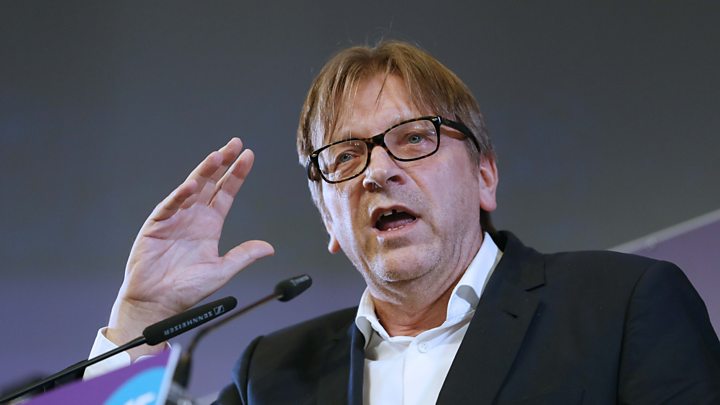A wharf in Rio de Janeiro where nearly a million African slaves are estimated to have landed has been declared a World Heritage site by the UN cultural organisation, Unesco.
The Valongo wharf operated for three centuries and became the biggest entry point for African slaves in Brazil.
Its remains were discovered during renovation work for the 2016 Olympics.
Brazil was the main destination for African slaves in the Americas.
After the long journey across the Atlantic, emaciated African captives were kept in the wharf area to recover and gain weight, so they could be sold on at slave markets.
Many did not survive and were buried at a nearby cemetery.
Unesco says the Valongo wharf should have the same place in history as Hiroshima and Auschwitz "to make us remember those parts of the history of humanity that must not be forgotten".
- Brazil's hidden slavery past unveiled
- Brazil's universities take affirmative action
- Goree: Senegal's slave island
"It is a unique memorial, containing the last remaining vestiges of the slaves' arrival," anthropologist Milton Guran told AFP news agency.
Car park mass grave
Many Brazilians were unaware of the area's importance until a few years ago.
Remains of the wharf were discovered by chance in 2011, when a couple doing refurbishment in their house come across a mass grave, with bones and skulls.
The wharf and the complex surrounding it were constructed in 1779 as part of an effort to move what was regarded as an unsightly trade to an area far from the city centre, says the BBC's Julia Carneiro.
A few blocks from the wharf is a cemetery where, between 1770 and 1830, thousands of slaves were buried.
Slave trade in Brazil was banned in 1831, after Brazil declared its independence from Portugal. But it continued illegally until slavery was abolished in 1888.
Some four million slaves arrived to work in plantations and domestic workers from the 17th to the end of the 19th century. That amounts to 40% of slaves taken to the Americas.
After Brazil was declared a republic in 1889, the Valongo site was used as a landfill and eventually a square was built over the wharf.
Until recently, it was buried underneath a square, a street and a car park.






















